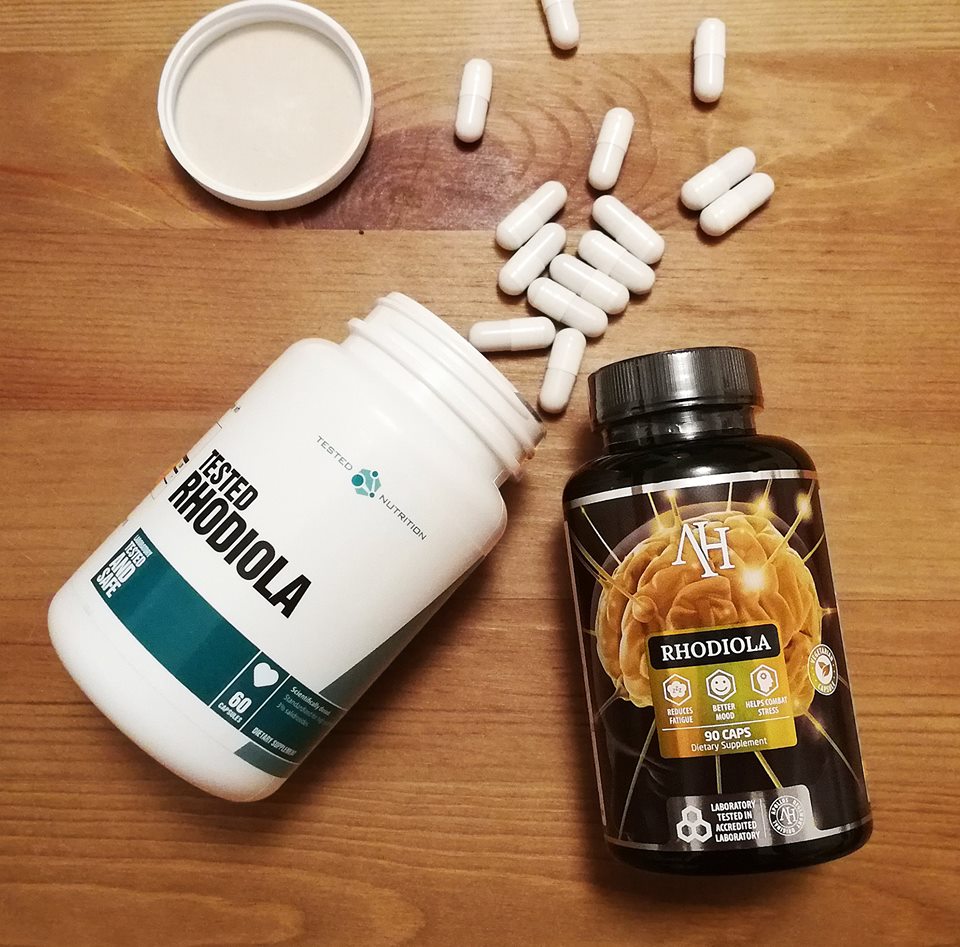Stressful days, racing minds and difficultly nodding off at night are all too common, but what is it that actually keeps us awake? Stress hormones such as cortisol and adrenaline are the main culprits, keeping us on edge when we should be winding down ready for a restful night’s sleep.
Stress can invade every area of our lives and near impossible to avoid if job or life circumstances cannot be changed. If this is the case, herbs which can help to balance these stress hormones may be your new best friend.
Adaptogens for hormone balancing
Our stress hormones are produced by our adrenal glands, and adaptogens are plants or herbs which support the adrenal glands by balancing out hormone production. How adaptogens work is quite miraculous; they have the ability to increase or decrease levels of many different hormones. Adaptogens do not simply make you tired, but they may reduce levels of stress hormones, allowing you to feel calm, making sleep much easier.
Adaptogens have been used in Chinese medicine and Ayurvedic practice for thousands of years to manage both biological and psychological stress, but it’s only recent scientific research carried out in the west that has given us the confidence of their true beneficial effects, especially their impact on sleep quality.
If you have a racing mind at bedtime, you may want to consider adaptogens for sleep. There’s a lot of options out there though, so knowing which adaptogens to take for your lifestyle is key to falling asleep faster.
Calming stress hormones
Well known for its ability to regulate the stress hormone cortisol, Ashwagandha is a powerful herb helping your body to deal with stressful situations. Cortisol levels should naturally decline throughout the day, so balancing this is out at the right times may help your circadian rhythms, keeping your mind calm and reducing anxiety in the evening.
You may also want to consider trying Rhodiola, an herb with similar properties to maintain healthy cortisol levels, while also supporting cognitive health.

A natural sedative
If you’re not particularly stressed but still have issues falling asleep late at night you may be in need of something a little stronger.
Valerian root is excellent for calming a busy mind and has a gentle sedative effect. Unlike other adaptogens which may generally help to lower stress levels, valerian has more of an instant effect, so is best taken just before bedtime or an hour or so before.
As a natural sedative, you may be able to get into deep sleep without the groggy feeling in the morning. Although, aim to take valerian only when needed as your body can become quite used to this herb. It may be a good idea to alternative between different herbs to keep your body guessing.
Bedtime habits
Alongside taking adaptogens, you should also consider your sleep hygiene.Consider keeping artificial blue light levels low at least 2 hours before you wish to go to sleep, and minimising stimulating phone or TV screens. Limiting blue light late at night can help to increase your sleepy hormone melatonin, which can make a huge difference.
Ensuring that you have not had caffeine for at least 6 hours and eating 3 hours before bedtime can also help to reduce cortisol to keep you feeling relaxed.






